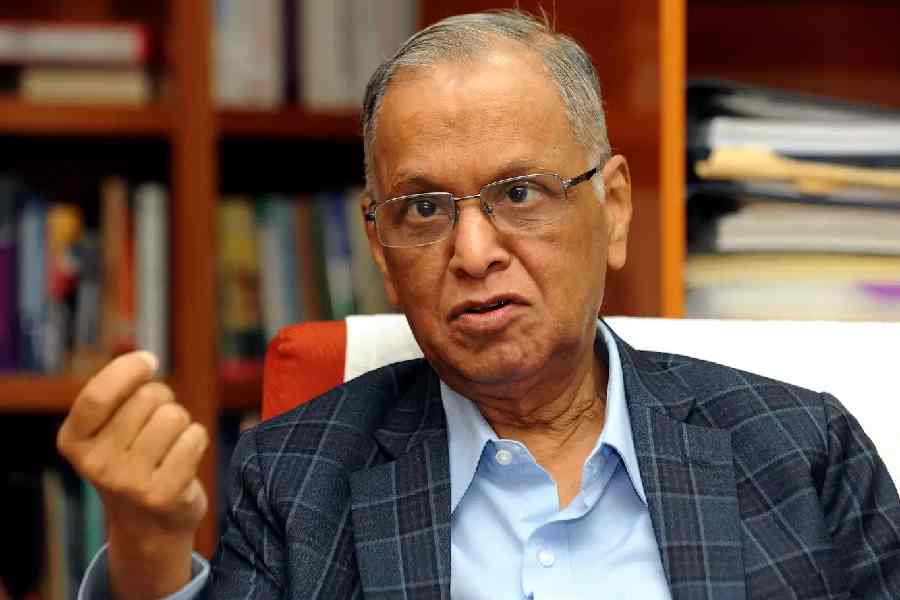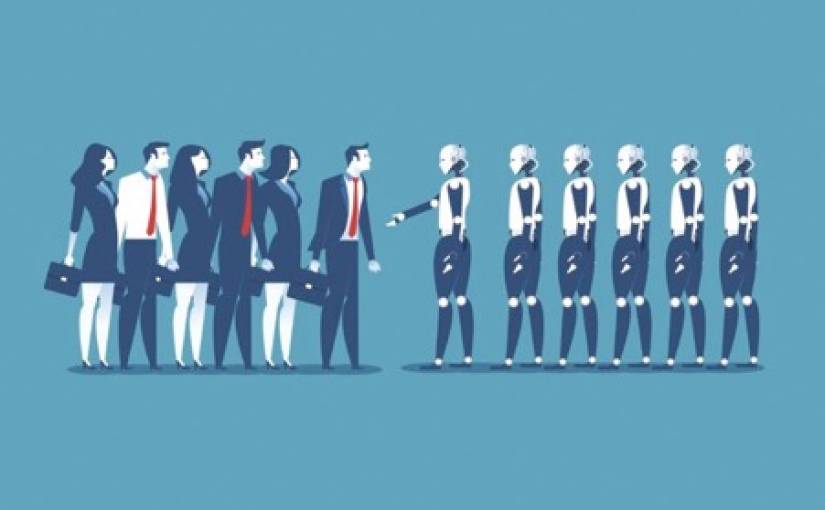Overview
NR Narayana Murthy, the visionary behind Infosys, doesn’t see Artificial Intelligence as a menace to jobs. Instead, he sees it as a revolutionary enhancement of human abilities, marking AI as the next technological horizon. In an interview, Mr Murthy explores the deep-reaching impacts of AI, underscoring its capacity to tackle challenges and highlighting the human mind as the “most flexible instrument.”

Mr Murthy Envisions AI’s Positive Impact
Addressing the swift pace of AI advancements, Mr Murthy commends the technology for amplifying human intellect. Whether it’s ChatGPT-4 or supervised algorithmic thinking, he acknowledges the pivotal role of data in shaping machine learning.
The Infosys CEO emphasised that a substantial amount of data is necessary regardless of whether it’s unsupervised algorithms or semi-supervised. He stressed the importance of collecting a significant volume of data, stating that machine learning, in essence, is a highly intricate form of pattern matching. He pointed out that even in ChatGPT’s large language models, the importance lies in pattern matching.
Mr Murthy highlighted specific domains, such as automatic driving and precision surgery, where AI can potentially augment human capabilities.

Murthy noted the positive aspects of incorporating AI in controlling nuclear reactors and power plants. He pointed out that in certain areas, humans can leverage AI to enhance the efficiency of systems by reducing the resolution time for reactions. He acknowledged the valuable role of AI and robotics regarding precision surgery while mentioning potential challenges in these fields.
Advocating for a transition from an oral to a written culture, Murthy underscores the significance of generating extensive and culturally
relevant data tailored to India’s unique
context of culture and development.

Addressing concerns about AI making coders redundant, Murthy draws parallels with historical technological strides. Recalling the case tools of the 1970s, he highlights the remarkable adaptability of the human mind as the ultimate flexible instrument. Murthy envisions AI as a supportive tool, not a replacement for human creativity. He asserts that its true power lies in tackling intricate problems, ultimately contributing to the betterment of the world.
In concluding remarks on the matter, Murthy emphasised the importance of preventing these technologies from falling into the hands of malicious individuals. Drawing a parallel, he stated, “But that same thing with a gun, the moment an evil person has the gun, we have seen what has happened, right in the US.”
AI: A Job Giver or A Job Snatcher?
According to the Pew Research Centre, approximately 20% of US workers may see transformations in their jobs due to AI. Positions demanding analytical skills in critical thinking, writing, and science are more exposed to AI influence. Interestingly, workers in these industries express optimism, thinking AI will enhance rather than harm their roles.

While the extent of job risk from AI remains uncertain, some evidence suggests technology is already causing job losses. In May 2023, AI contributed to around 4,000 job cuts, as reported by Challenger, Gray & Christmas. Despite short-term displacements, experts argue that AI will eventually generate different jobs, helping society.
Contrastingly, The World Economic Forum predicts a global loss of 85 million jobs by 2025, countered by creating 97 million new jobs in big data, machine learning, information security, and digital marketing. The consensus among experts is that, in the long run, AI will reshape the job market, creating opportunities alongside challenges.

The debate on whether AI is a Job Giver or a Job Snatcher will continue to prolong, with assertions developing on both sides. Amidst this ongoing discourse, one certainty prevails—the future is undeniably tech-driven, shaping the trajectory of employment landscapes and the transformative role of AI in our professional lives.












Comments 1